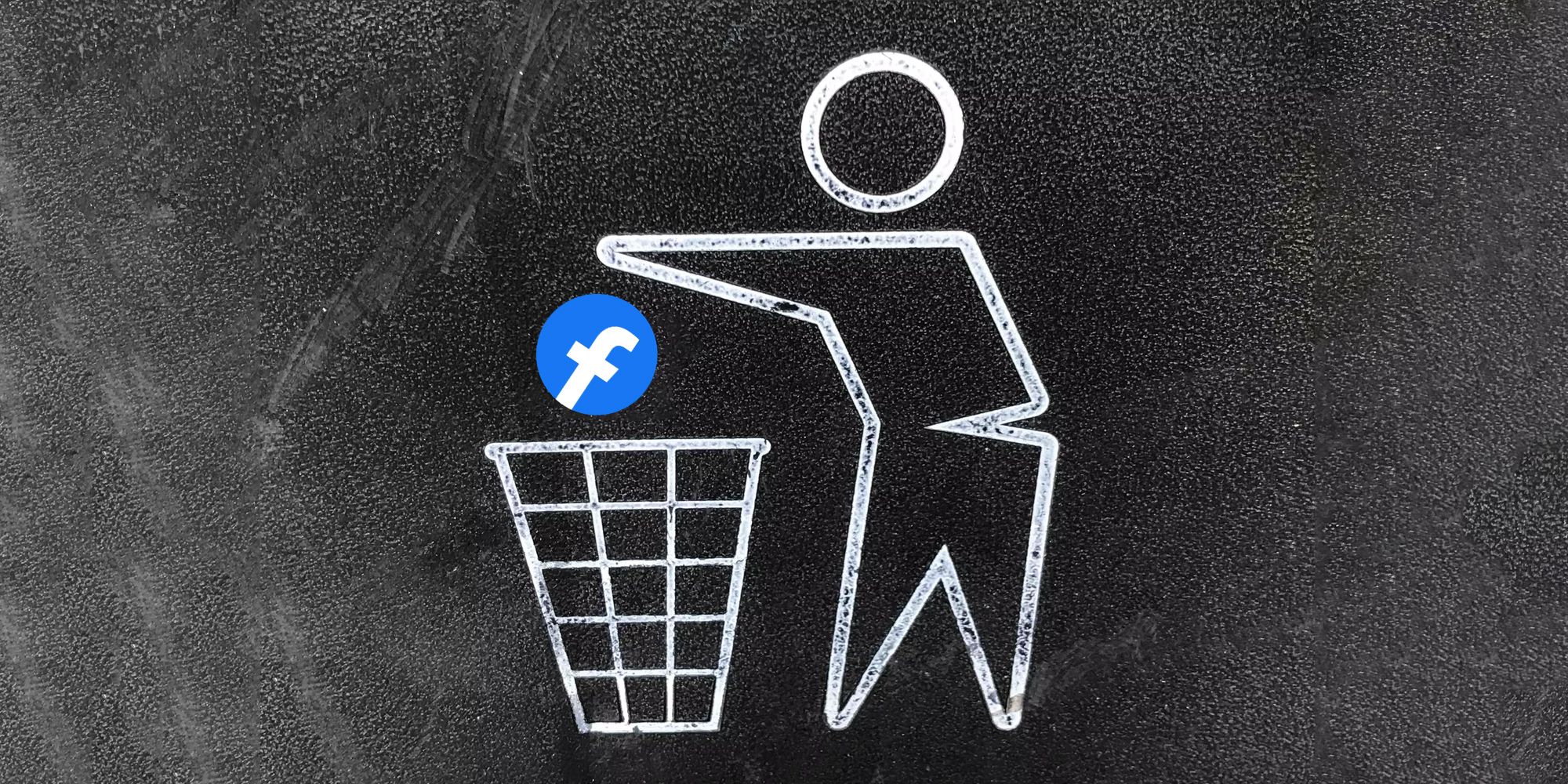There has been a lot of coverage about Facebook’s internal research in recent weeks, leaving many to ask is it time to delete Facebook? In mid-September, The Wall Street Journal published several stories based on leaked documents compiled by some of Facebook’s researchers. The articles explored much of the company’s previously undisclosed studies, including research on issues such as the impact of Instagram on teenage mental health and how some high-profile accounts are not subject to the same rules as ordinary users. Facebook has insisted its findings are being misrepresented, while the US Senate is actively discussing whether social media platforms need better regulation.
Although not identified in the original reporting, former Facebook product manager Frances Haugen has since come forward as the source of the documents. Haugen discussed Facebook’s research both in an interview with CBS’ 60 Minutes and in testimony to a Senate subcommittee, explaining her misgivings about the company’s reliance on algorithms and the subsequent effects on users. Haugen, who has claimed whistleblower status, says her motivation is to fix Facebook rather than damage it. But for those who use Facebook or its family of apps, learning the company may not have been forthcoming about the negative impact of its products has left many wondering if it's time to leave the social network.
Haugen has made clear her concerns about how Facebook ranks content based on engagement, suggesting the firm’s reliance on artificial intelligence is causing real-world harm. One of the key criticisms of Facebook relates to a leaked study that found almost a third of teenage girls say Instagram has made them feel worse about their bodies. Facebook has clarified the research sampled a group that self-identified as having pre-existing negative feelings about themselves, and suggested the test base was relatively small. During a Senate hearing in late September, Senator Richard Blumenthal (D-Conn) revealed his office created a fake Instagram account, imitating a 13-year-old girl. Blumenthal says after following accounts connected to dieting and eating disorders, Instagram quickly recommended more such content.
The End Of The Road?
Other issues raised have included Facebook’s 2018 decision to change how it ranks News Feed items. The company said its News Feed algorithm would put more emphasis on meaningful social interactions and would recommend posts with a higher number of reactions and comments. However, as Haugen suggests, the algorithm favors more charged content, leading to more division on the platform. At first, Facebook founder and CEO Mark Zuckerberg did not publicly comment on the issues raised. However, following the latest Senate hearing on October 5, Zuckerberg pushed back via his Facebook page, claiming the company does not “prioritize profit over safety and well-being.”
Lawmakers say they plan to take action to rein in Facebook, but what that regulation looks like remains to be seen. Facebook itself has actively called for Congress to institute new laws, including changes to Section 230 of the Communications Decency Act. But for those that use Facebook, Instagram, Messenger, or WhatsApp, there may be consternation that the harms of the platform are real and need to be addressed now. Still, quitting Facebook can also mean missing out on its positives; connecting with friends, keeping up with family, engaging in hobbies, and more. Nobody can say when regulation will come (if it does), but anyone with a Facebook or Instagram account can decide for themselves whether the negatives outweigh the positives and then take action.


